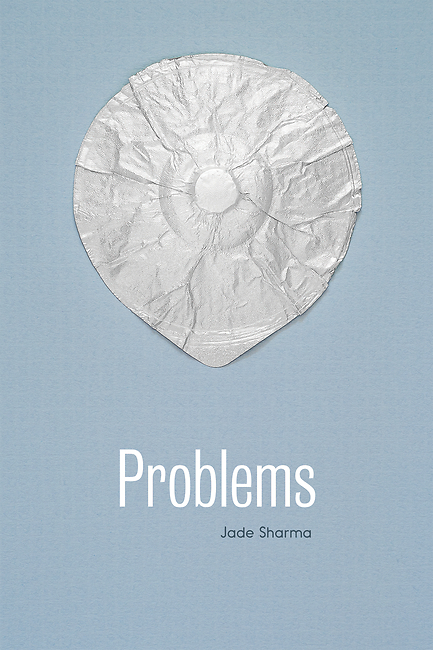What do you think?
Rate this book


180 pages, Paperback
Published July 5, 2016
And I think about those women on Facebook who are always posting pictures of themselves with husbands or children, and I think how for so long, that's what I had wanted. But anyone can find others to hide behind. Being alone, figuring out how to make the hours go, satiating your own wrestling human heart, means you never have to hide or be numb again.
“Beauty or meaning is not intrinsic to suffering. But if you can take the suffering and find the parts that are funny or profound, you can create your world into something that might be entertaining for someone else for a while. Eventually, maybe, that time will have been useful. More useful than, like, working in a bank.”
“Behind every crazy woman is a man sitting very quietly, saying, ‘What? I’m not doing anything.'”